On June 15, 2014, the United States launched Operation Inherent Resolve, a three-pronged campaign against the Islamic State terrorist organization (ISIL) that had made stunning advances across Syria, Iraq, and Libya. At its peak, ISIL had an estimated 200,000 fighters and controlled a third of Syria and almost half of Iraq.
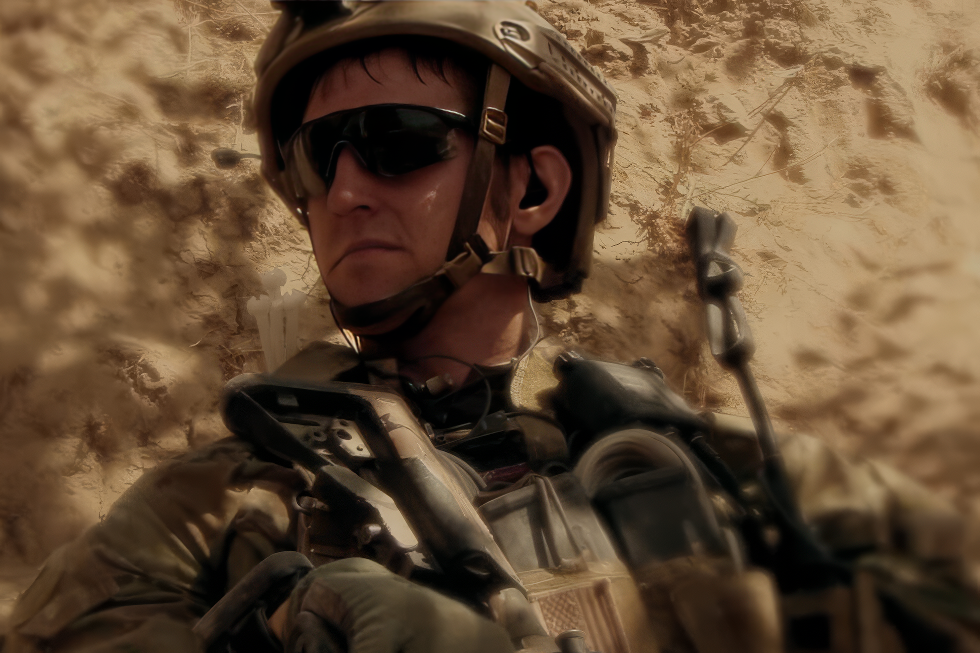
The Uneasy Alliance’s Role in the Fight against ISIS
The fight against ISIL in the region is ongoing today, but the brutality inflicted on civilians by the terror group, and the danger of its spread sparked an uneasy alliance of otherwise geopolitical foes to come together to confront the threat. The U.S. and Western Allies, Russia, Iraq, Saudi Arabia, and Iran all sent forces against ISIL, even if they weren’t part of the official coalition.
Between 2014 and 2019, ISIL lost 95% of its territory, including Mosul, Iraq’s second-largest city and its declared capital at the Syrian city of Raqqa, and its leader, Abu Bakr al Baghdadi, was killed by the U.S. Army. Critical to the success of the fight against ISIL on the ground was the support of Kurdish militia fighters, the Peshmerga.
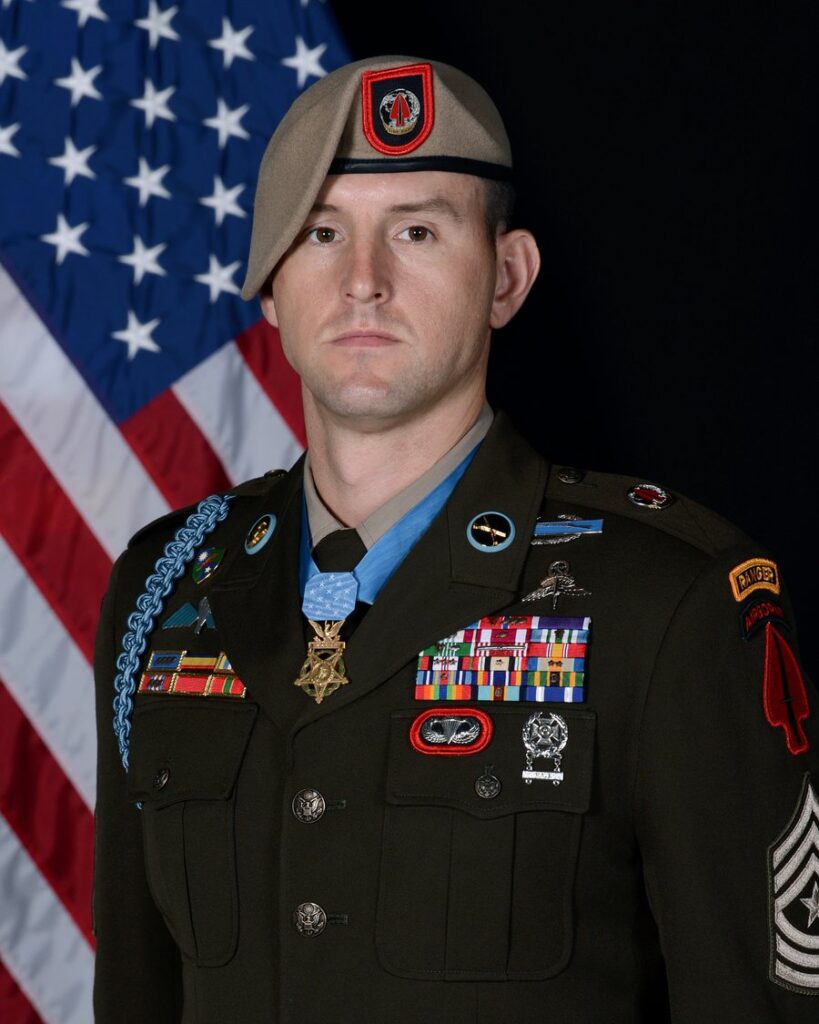
The Kurds of Iraq were early victims of ISIL. As an autonomous region inside Iraq, the Peshmerga is responsible for the security of Iraqi Kurdistan. When ISIL fighters quickly overran Samarra, Mosul, and Tikrit in 2014, the Iraqi government forces folded, and Kurdish fighters were forced to fall back. As ISIS advanced, they murdered thousands and threatened to wipe out minority populations like the Yazidi.
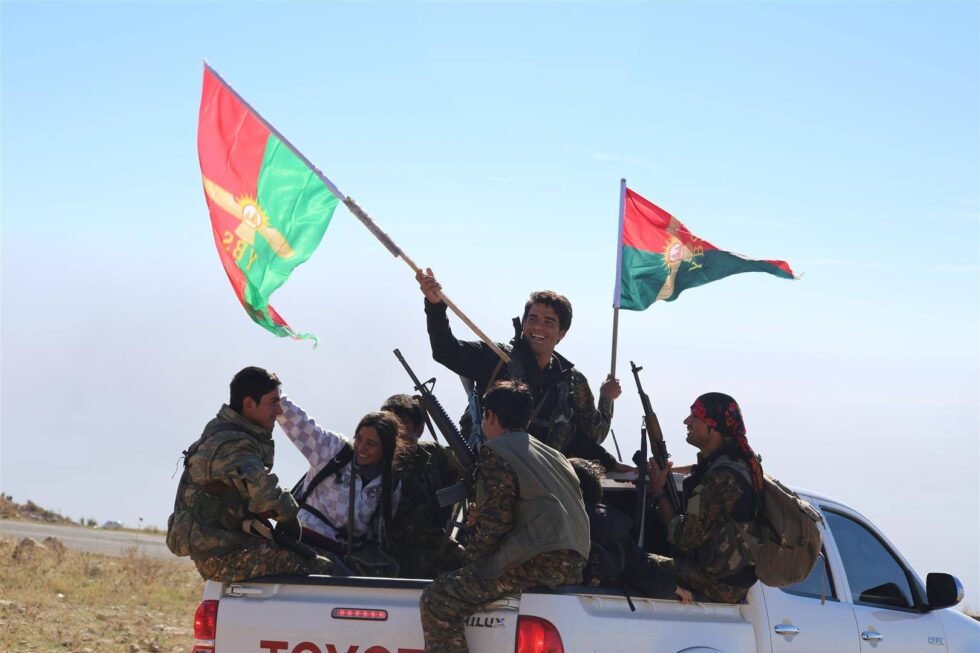
The United States Has Intervened for the Kurdish Peshmerga
Threats of genocide caused the United States to intervene for the Kurdish Peshmerga with airstrikes and supplied weapons. By December 2014, U.S. troops were on the ground alongside the Peshmerga and Iraqi forces, fighting ISIL directly. They pushed the terrorists out of Tikrit by April 2015.
The following month brought two historical moments for Operation Inherent Resolve; both came on the same mission: the first American soldier killed by ISIL fighters and the first and only Medal of Honor action.
U.S. Special Forces identified an ISIL prison complex near Hawija, in ISIL-occupied Kirkuk. American special operators from Delta Force and a Peshmerga counterterrorism group (CTG) launched a raid on the prison, which held an unknown number of hostages. The prisoners, if left in ISIL hands, would surely be killed in a mass execution if not rescued.

As the Special Operators trained and rehearsed the mission, the intelligence from the prison facilities only got worse. Freshly dug holes began to appear outside the building, holes that were certainly going to be graves. In light of the imminent danger to the estimated 75 hostages, the Army gave the mission the green light.
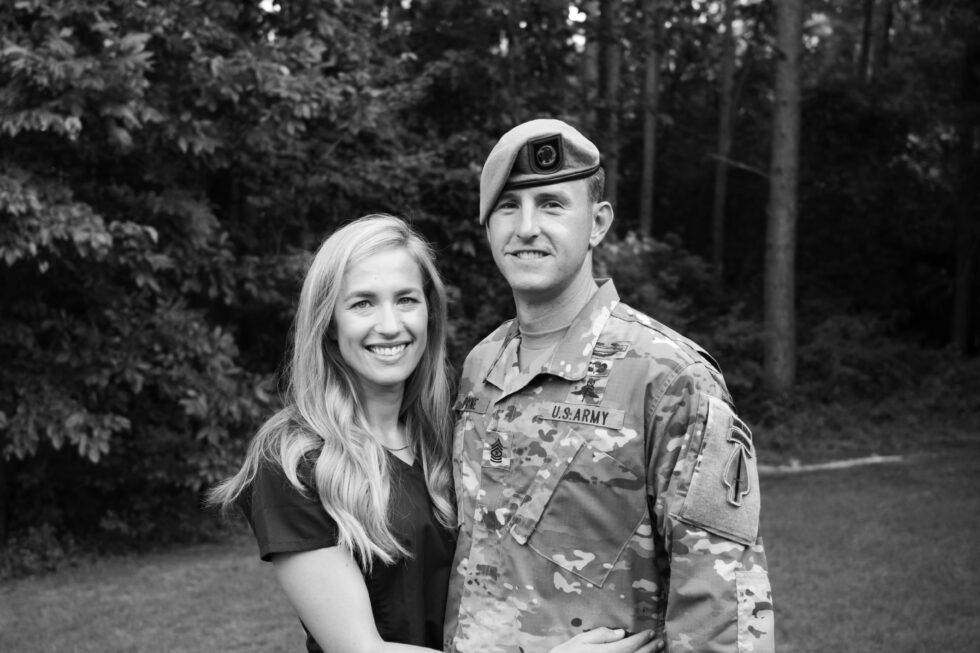
Thomas Payne Led One of the Teams to Clear the Prison
After being inserted by Chinook helicopters, members of the 1st Special Forces Operational Detachment-Delta and the Kurdish CTG raided the prison in brownout conditions. They landed in the middle of an intense firefight. SGM Thomas Payne led one of the teams to clear a building in the prison complex. As they moved into a blocking position, they learned that Master Sgt. Josh Wheeler had been wounded. There wasn’t time to process the news or learn how bad his wounds were. As Payne’s team cleared their objective and freed 38 hostages, fighting raged in another building.
Under heavy fire from multiple points of contact, Payne’s team moved to assist. They took a position over the building engulfed in a firefight and began firing their weapons and throwing grenades. A suicide bomber set off a vest that shook their building. Heavy fire was coming from all sides, and the second building was on fire. Payne’s team pressed on to assist.
As they entered the other building, they began to take casualties because the prison door was locked and armored – someone needed to cut the locks before the team could advance and free the remaining hostages. With the building engulfed in flames, Thomas Payne exposed himself to enemy fire to cut the locks. Under fire and through heavy smoke, he moved to cut the locks twice.
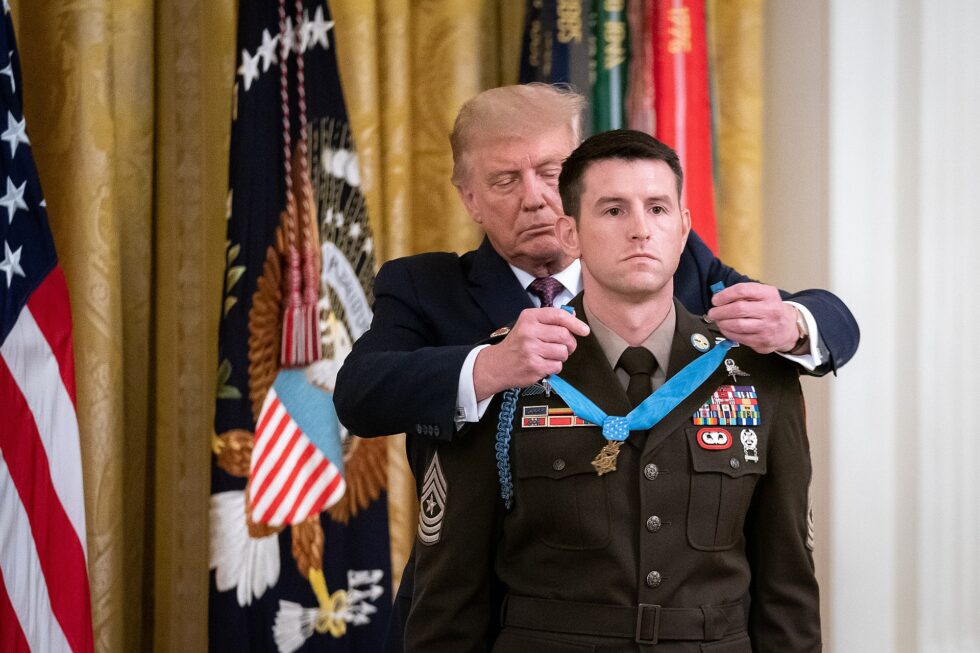
As the hostages moved out, a mandatory evacuation order came over the radio. The building was going to collapse. Still, Payne went back in three times to help move the hostages out. As the newly-freed prisoners moved to the helicopters, the operators and the Peshmerga formed a human wall to protect them as they moved.
Thomas Payne Was Awarded the Medal of Honor
It was only after the mission that they learned that Sgt. Wheeler had died of his wounds. Wheeler was posthumously awarded a Silver Star. For his conspicuous gallantry, SGM Thomas Payne received the Medal of Honor.
It’s the only Medal of Honor so far awarded during Operation Inherent Resolve, and Payne is the first living member of Delta Force to receive the medal. It was presented to him by President Donald J. Trump in 2020 during a ceremony at the White House.
Read About Other Profiles in Courage
If you enjoyed learning about Thomas Payne, we invite you to read about other profiles in courage on our blog. You will also find military book reviews, veterans’ service reflections, famous military units and more on the TogetherWeServed.com blog. If you are a veteran, find your military buddies, view historic boot camp photos, build a printable military service plaque, and more on TogetherWeServed.com today.
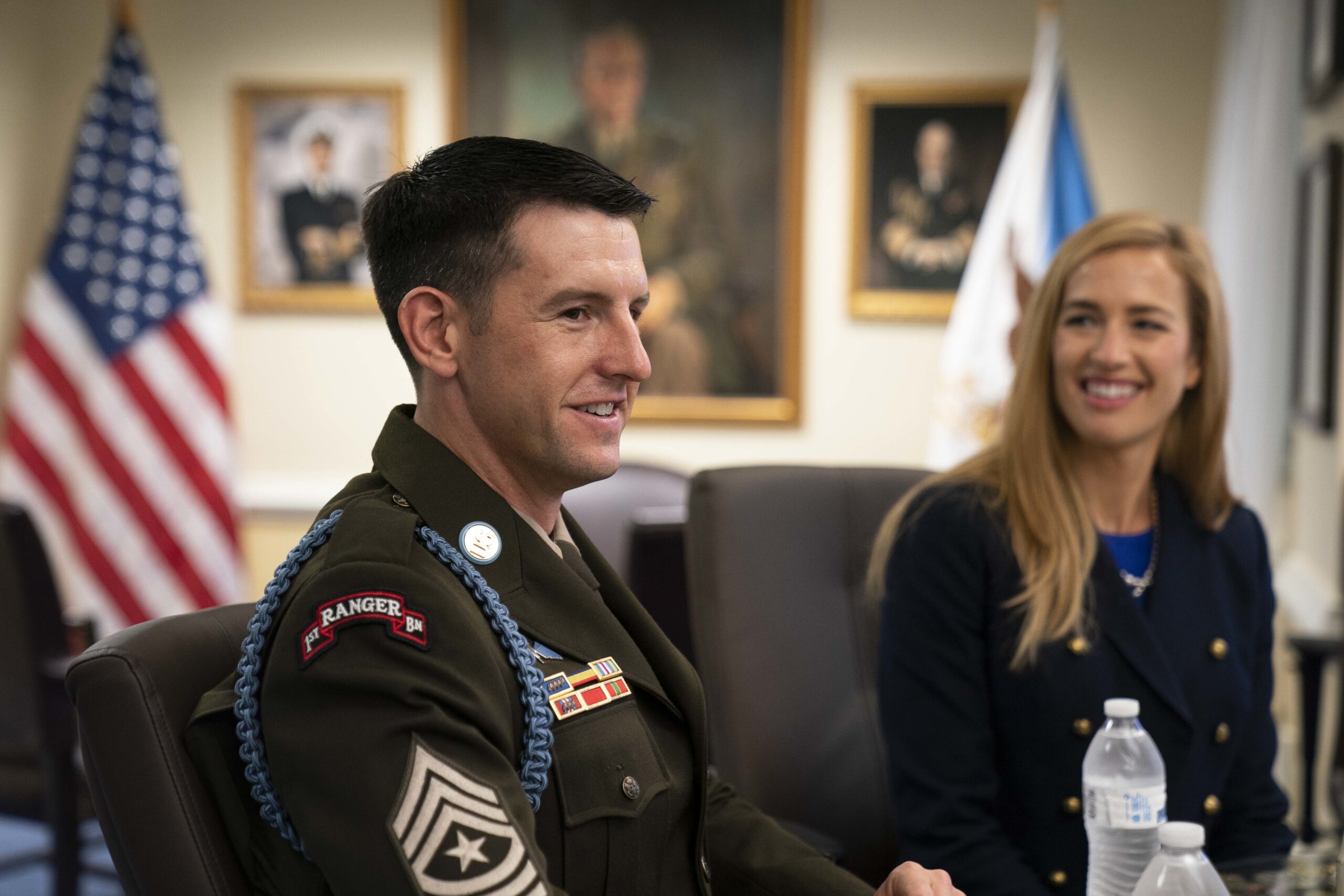
0 Comments